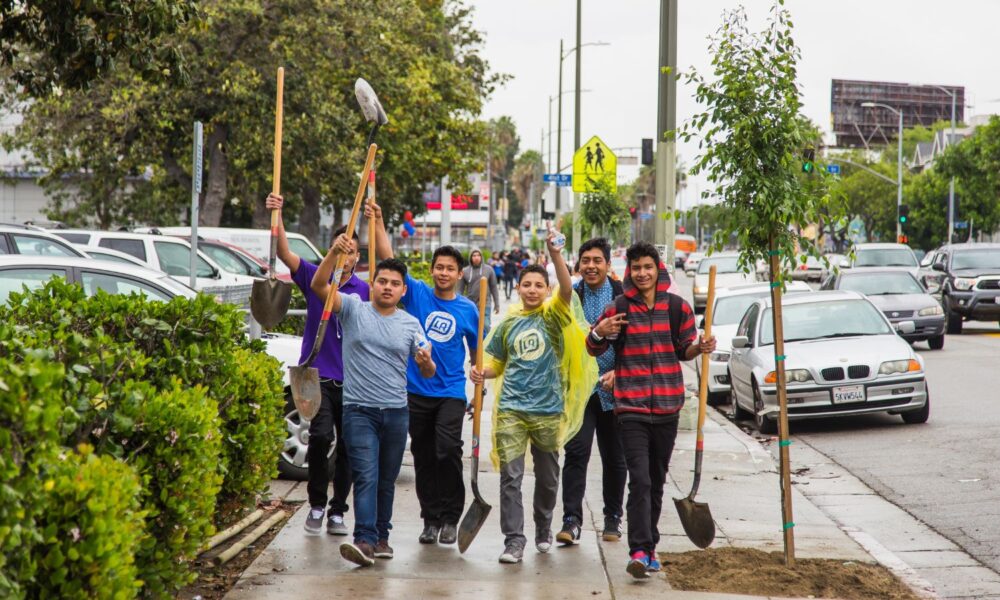 City Plants
City Plants
community science
 City Plants
City Plants
 Cody Black/Unsplash
Cody Black/Unsplash
 U.S. Forest Service/Flickr
U.S. Forest Service/Flickr
 Dio Hasbi Saniskoro/Pexels
Dio Hasbi Saniskoro/Pexels
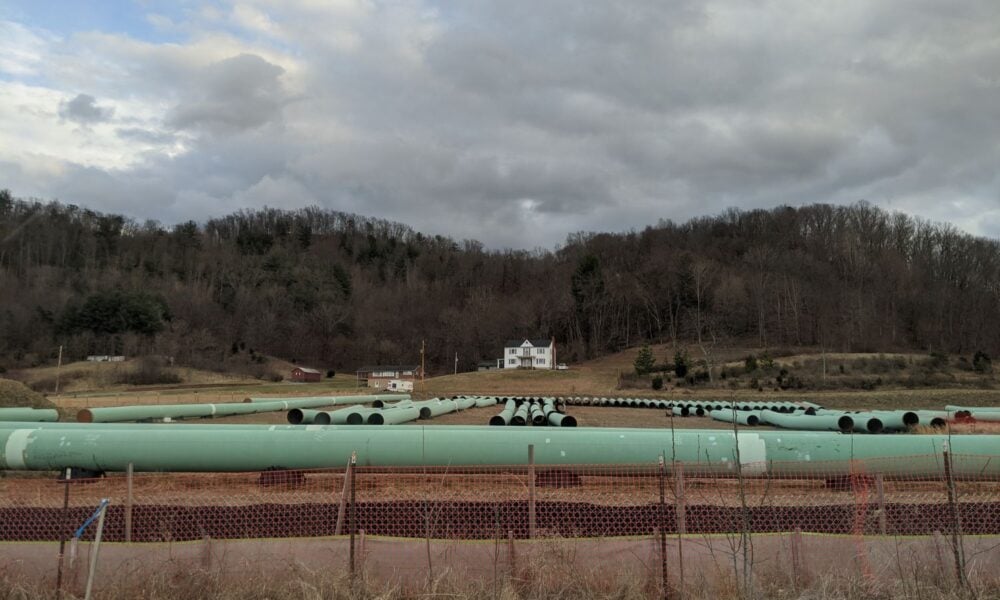 Riley DeHority
Riley DeHority
 Alan Greig/Flickr
Alan Greig/Flickr
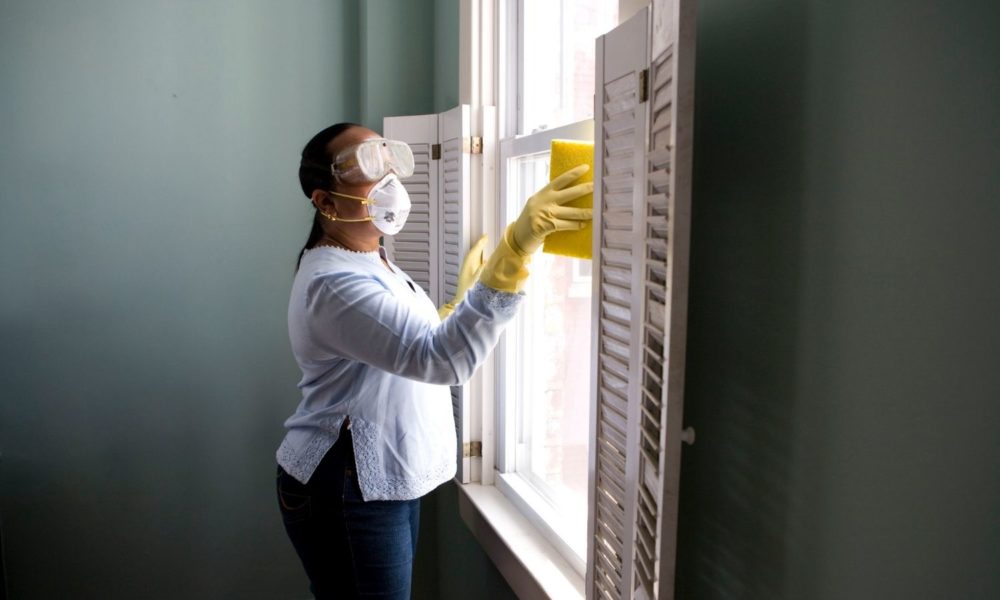 CDC/UNSPLASH
CDC/UNSPLASH
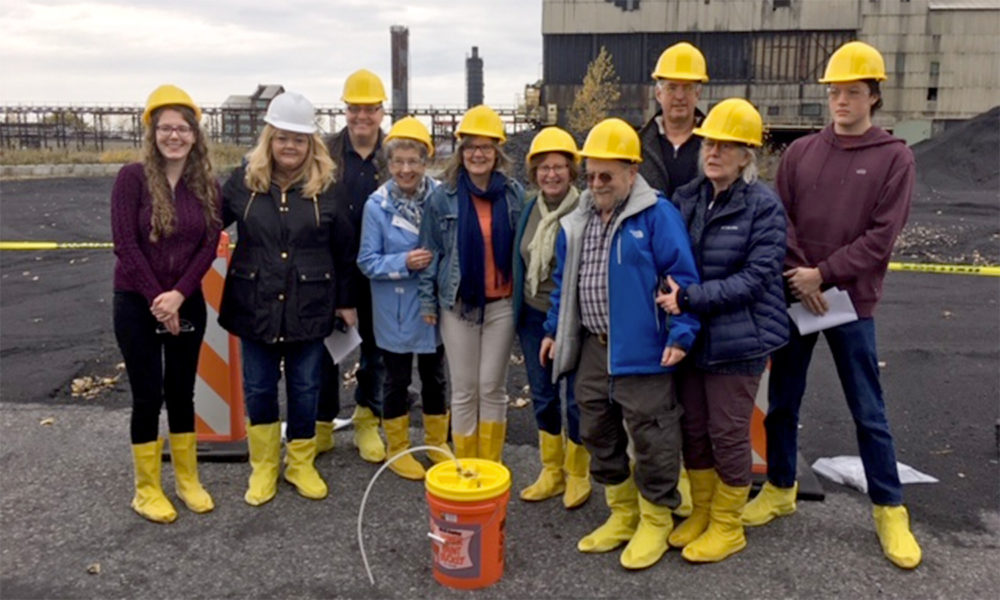 Jackie James
Jackie James
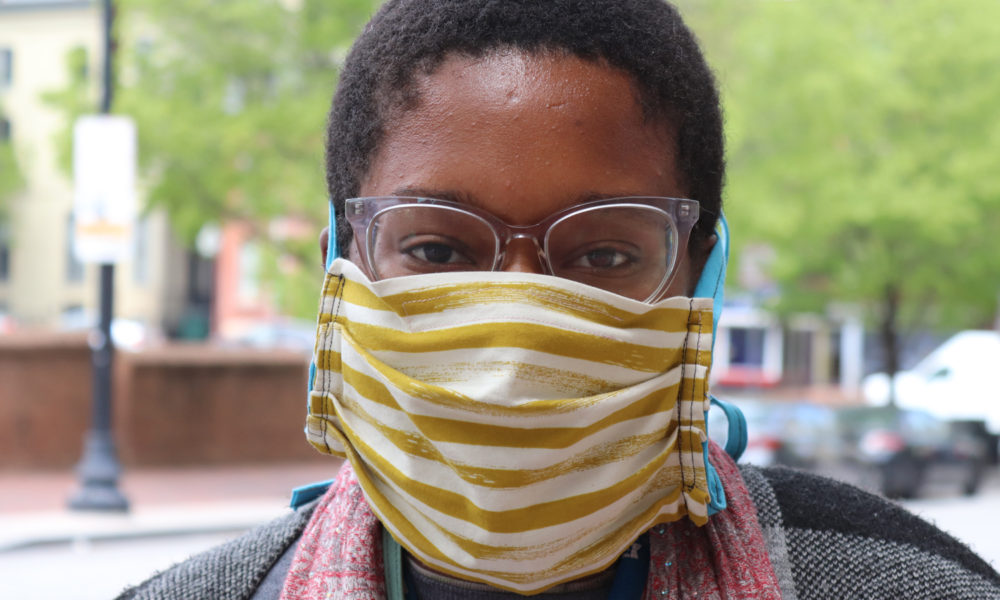 Elvert Barnes/Flickr
Elvert Barnes/Flickr
 Hawaii Sea Grant
Hawaii Sea Grant
 Photo: John Saller
Photo: John Saller
 Photo: W.carter/Wikimedia Commons
Photo: W.carter/Wikimedia Commons
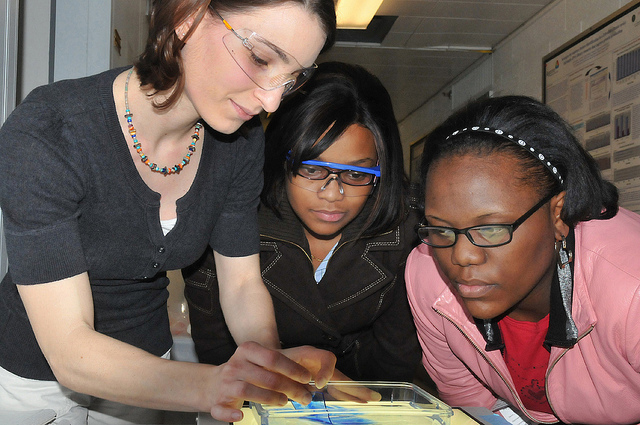 InTeGrate, Science Education Resource Center at Carleton College
InTeGrate, Science Education Resource Center at Carleton College




